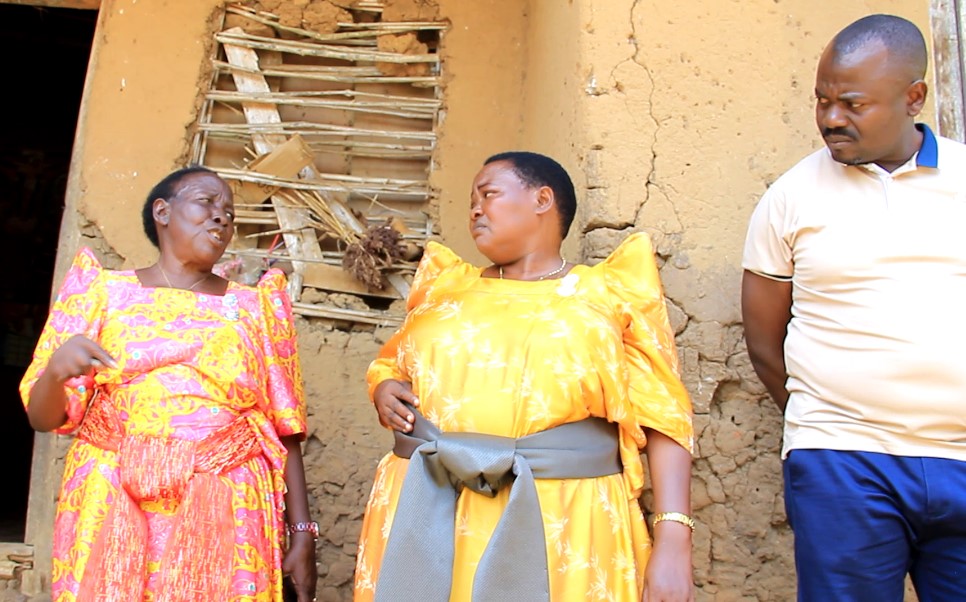LIFESTYLE: Could the lack for jobs for the youth be blamed for the rise of promiscuity in our society?

As I left home at 6:10 AM today, rushing to work like a bird racing to catch the early worm, I was met with a bit of commotion outside my gate. Two young ladies were being dragged out of a car by two men, resembling marionettes whose strings were being forcefully pulled. The ladies appeared quite intoxicated, throwing jabs and insults at each other like drunken sailors while the two men helped steady them, attempting to guide them into their shared apartment. Swiftly, I moved on, but I couldn't help feeling saddened by the whole situation. These young women could well be students whose parents are toiling tooth and nail, like blacksmiths forging metal, to keep them in school. They could be young ladies whose parents have high hopes that they will one day make it in the city and save the rest of the clan, much like heroes in a family saga. These men could be the only hopes their parents have to prolong the family name, culture, and bloodline, like the last seeds of a precious plant. Yet here they were, returning home at 6 AM to sleep all day while the rest of the world leaves their beds, babies, and homes, sometimes painfully, to make a better life for themselves and the people who look up to them.
This situation highlights a much-needed question that must be answered: Has the lack of jobs enabled the rise in promiscuity among the youth? With a median age of about 16 years, Uganda has the second youngest population in the world, according to Worldometer 2023. That means the biggest chunk of our citizens are the future leaders, but if things continue like this, where is the hope for the future? If the youth are not living up to their full potential due to promiscuity, it's like planting seeds in barren soil. Where is the hope if the youth have given themselves up to drugs, alcohol, substance, and sex addiction? According to an Afrobarometer report from December 2023, the most important problems that young Ugandans want their government to address are health, water supply, and education. But what importance would these issues hold if our lifestyle is the very destroyer of our health? It's like building a house on quicksand.
The most important problems that young Ugandans want their government to address are health (cited by 44% of respondents as one of their top three priorities), water supply (33%), and education (32%), followed by infrastructure/roads (30%), unemployment (19%), and corruption (19%). With a median age of about 16 years, Uganda has the second-youngest population in the world, after Niger (Worldometer, 2023). While supporting this youth demographic to reach its full potential puts pressure on social services and the job market, it is critical to the country’s development. Uganda ranks as a "low youth development" country, 157th out of 181 countries, in the Global Youth Development Index, with a particularly low score (167th) on employment and opportunity. The government has prioritised youth employment in its National Youth Policy, National Employment Policy, National Youth Action Plan, and other strategic documents, and promoted job creation for young people through initiatives such as its Youth Livelihood Programme. But the youth labor underutilisation rate remains high (67.9% in 2015), reflecting large proportions of 15- to 29-year-olds in irregular employment, unemployed, or inactive.
Young Ugandans are more educated than their elders, but also more likely to be unemployed. Is it any wonder that we can't get the jobs if the young are more inclined to a life of partying and ease, like moths drawn to a flame? It is time for the young to smell the coffee and wake up. The time is now.














